If you have a parlor palm in your home, you may notice that it is turning yellow. This can be alarming at first because the plant appears to be dying! However, there are some things we can do to help save our plants and keep them green and healthy.
Read on for more information about why your parlor palm might be turning yellow and what we can do about it!
Why Is My Parlor Palm Turning Yellow?
Your parlor palm is turning yellow because of too much water, not enough light, or environmental stress.
Let’s now take a deeper look at the most prevalent causes of yellowing leaves on a palm, as well as what you can do about it.
Yellowing Parlor Palm from Overwatering
Palms do best when they are watered thoroughly once or twice per week and allowed to dry out between each watering. If your plant looks yellow, then it is likely that it has been over-watered.
To save your palm, you should stop watering so frequently and allow the soil to dry out completely before adding more water.
While giving water once a week is a good guideline, you may want to be more accurate by only watering when the top few inches of soil is dry. You can test this by sticking your finger into the soil. If it feels moist, then you do not need to add water.
You may also need to repot the plant in a larger container with better drainage so excess moisture can flow freely through the potting media without encouraging root rot.
If root rot had already occurred, then it’s important to act immediately by removing all of the soil and pruning any affected roots. All black, mushy roots should be pruned and discarded away from all plants.
The next step would be to place the palm into a container filled with new potting media that does not retain too much moisture. This can be achieved by using a cactus mix or adding some perlite to your standard potting soil.
The type of water matters too… I recommend only using filtered water because tap water contains minerals and chemicals that can be harmful to your palm.
Yellowing Parlor Palm from Too Little Sunlight
Palms require bright, indirect sunlight to stay healthy and green. If your palm is growing in a dark corner of the room or near an un-shaded window, it might turn yellow as a result because there’s not enough light for photosynthesis to occur.
To save your parlor palm from turning yellow, you should move it into a bright room where it can receive at least four hours of indirect sunlight each day.
If the plant already appears to be struggling with a lack of light, then you might want to consider moving it outside in the spring and summer months when there is more daylight.
You could also invest in a grow light to keep your parlor palm healthy during the winter months when it’s too dark to provide enough light for photosynthesis. I do this for nearly all of my plants in the winter.
Yellowing Parlor Palm from Environmental Stress
Parlor palms are very sensitive plants that can easily be killed if exposed to cold drafts, hot temperatures, or extreme fluctuations in humidity. This is why you should always ensure there is no direct airflow near your parlor palm, as well as keep it away from heating or cooling vents.
Also, try to avoid placing the plant on top of a hot TV because this can cause the leaves to burn and turn yellow due to excess heat exposure. You should also keep it out of drafty areas because this could cause cold damage that is irreversible.
If you live in a dry climate, then I’d recommend taking the plant outside for a few hours each day to give it some fresh air and humidity from the atmosphere. This might also reduce yellowing caused by environmental stress too!
Repotting too often is also another stress that can cause yellowing and leaf loss. I recommend only repotting when absolutely necessary, and when it is time, use quality potting media to lessen the stress as much as possible.
Yellowing Parlor Palm Leaves FAQ
Palms require unique care to thrive. As such, I will now answer some frequent questions about parlor palms that may be preventing you from taking good care of your plant.
Should I cut yellow leaves off my parlor palm?
Yes, it is a good idea to remove any yellow leaves. If you do not, the rest of your plant may start to look sickly!
Will the yellow leaves spread to other plants?
Only if the cause of yellowing is a fungal infection that can spread to other plants. You can tackle this issue by using neem oil on all affected plants.
Does the type of water matter?
Yes, tap water can cause problems with your parlor palm. This is because it contains chlorine, which may burn the leaves of your plant! Try watering it with rainwater or filtered water in order to keep this from happening.
Will too little light cause my parlor palm to turn yellow?
Yes, if your parlor palm is not getting enough light, it may start turning yellow and looking unhealthy. Make sure to place the plant in an area with bright but indirect sunlight for at least six hours a day.
Will too much water cause my parlor palm to turn yellow?
Yes, this can definitely happen if your parlor palm is getting too much water. Try to avoid over-watering, and instead of watering it frequently, do so once a week or every other week.
Will yellow parlor palm leaves turn green again?
No, but you can still help your plant stay healthy! Try these tips to keep it green and thriving.
Conclusion
In conclusion, make sure your parlor palm is getting enough light, has plenty of airflows, and avoids over-watering! If you follow these tips closely, then I can guarantee that your plant will be back to looking healthy again in no time.
I hope you found this blog post helpful. If you have any questions, feel free to leave a comment below and I will answer it as soon as possible!
Tim is an avid gardener from the UK. He was the founder of PlantCarer.com from 2021 to Sep 2023. He sold PlantCarer.com to Aaron. He has since started his own business called Seed To Supper, which provides new gardeners all the materials you need in a box (pots, seeds, compost and instructions) to grow your own delicious and nutritious vegetables and herbs from start to finish – no garden required.



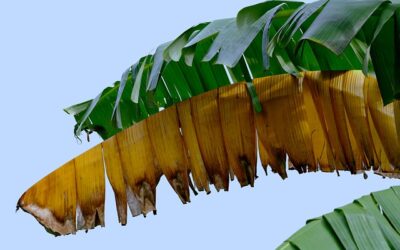

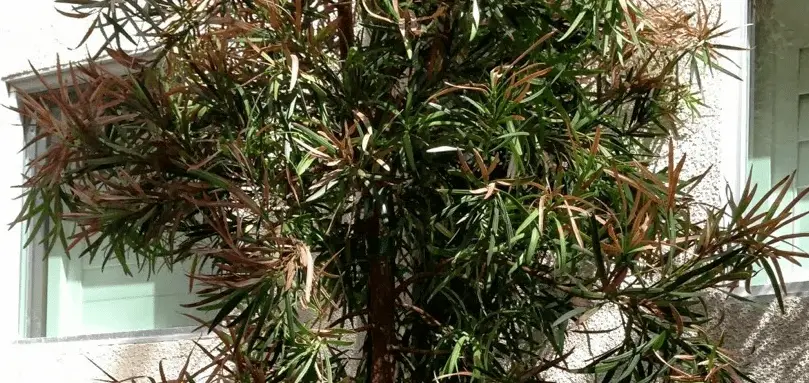
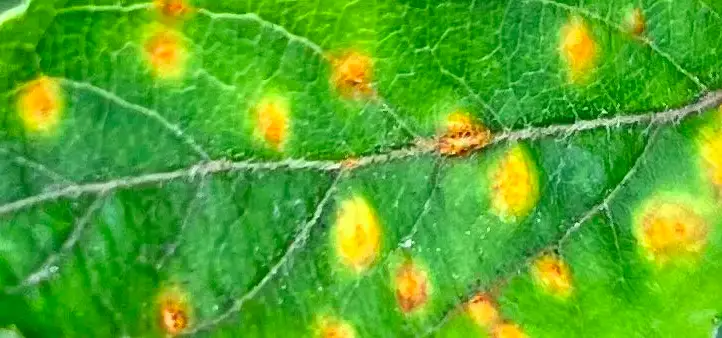
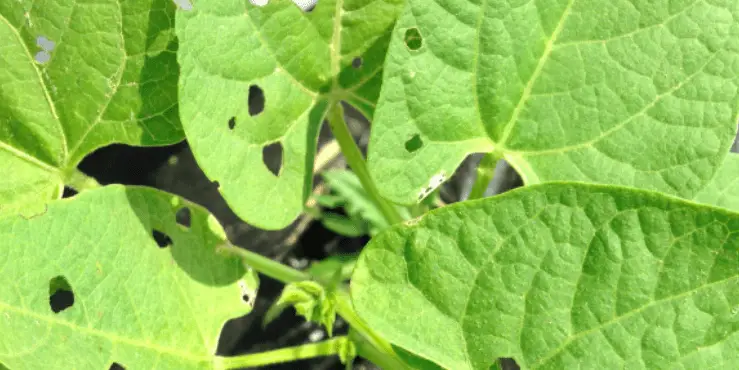
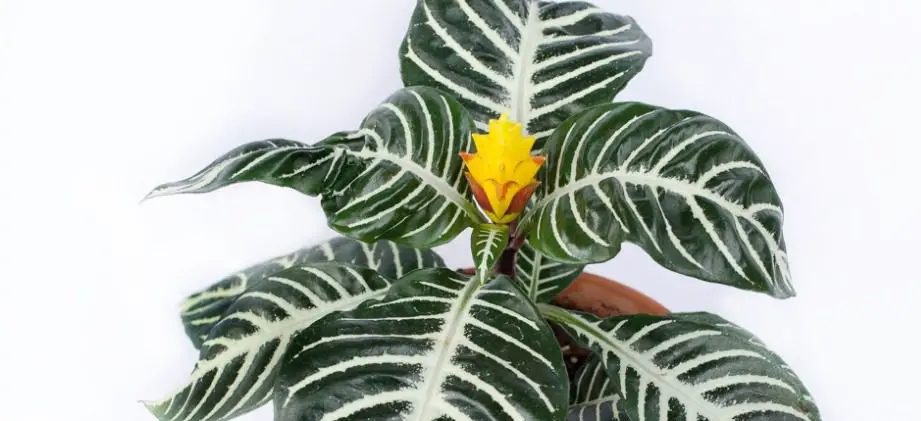

0 Comments